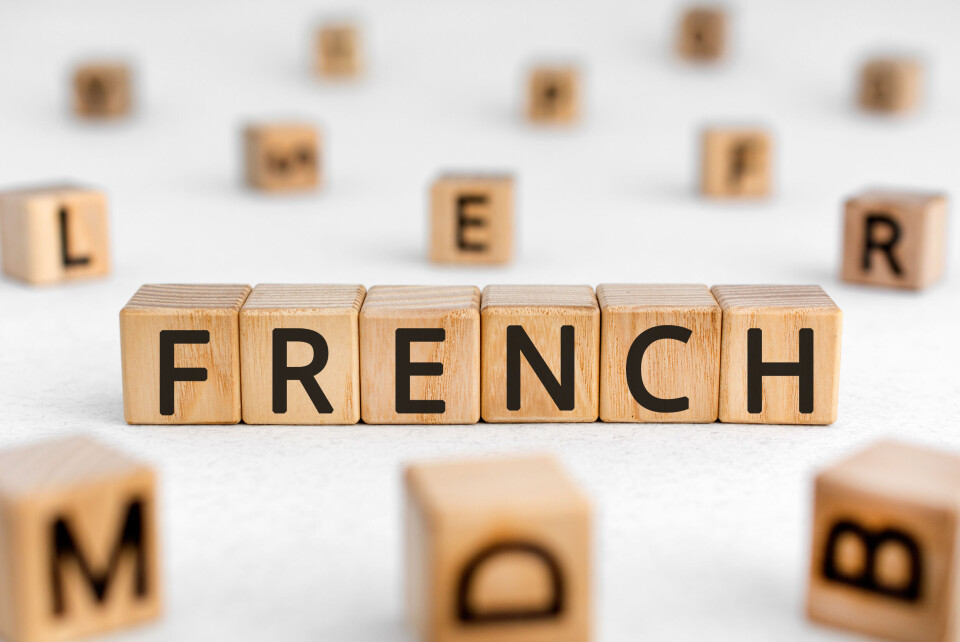-
Handy vocabulary for Christmas markets in France
A French-learner’s guide to navigating des marchés de noël
-
Pièce: a popular French word with some English parallels
This handy word has multiple uses in everyday language
-
How many of these French swear words do you know?
Learning expletives can be useful for a variety of reasons
How to avoid an unholy linguistic pitfall when speaking French
The French you don’t learn at school

Certain French words and phrases are bandied about by Anglophones keen to sprinkle a little ���dzܱ�ç�Dz� of French into everyday conversation, despite them not necessarily being either grammatically correctly or even understandable by a French native.
The book Sacré Bleu is a perfect case in point.
While it is a clever word play, in that the word bleu here is a sideways reference to the French football team’s well-loved nickname, the word ��������é (pronounced “sack-ray”) incorrectly employs – if the author intends to use the Anglicised version of the French phrase – an acute accent on the “e”.
In fact, the French would say “sacrebleu” (with the sacre bit pronounced as “sac-reuh”) to describe their sense of anger, frustration, astonishment or admiration in a given situation.
The expression sacrebleu is a softened version – for the God-fearing back in the day – of “sacredieu” (Holy God) where bleu (blue) is put in the place of dieu (God) to avoid accusations of blasphemy.
In the Middle Ages, uttering God's name could spell corporal punishment.
Officially speaking, the adjective ��������é comes from the Latin verb sancire: to make inviolable by a religious act and then by extension to delimit, to make sacred.
It implies a separation and a transcendence.
One curious and confusing side note: your language noter’s toddler came home from school recently with a nasty bump on his knee.
His mother gasped as she pointed: “T’as un ��������é bleu, mon fils!” (You have a nasty bruise there, my son!).
Yes, un bleu is a bruise.
Related articles
French language defenders sue Notre-Dame over English translations























